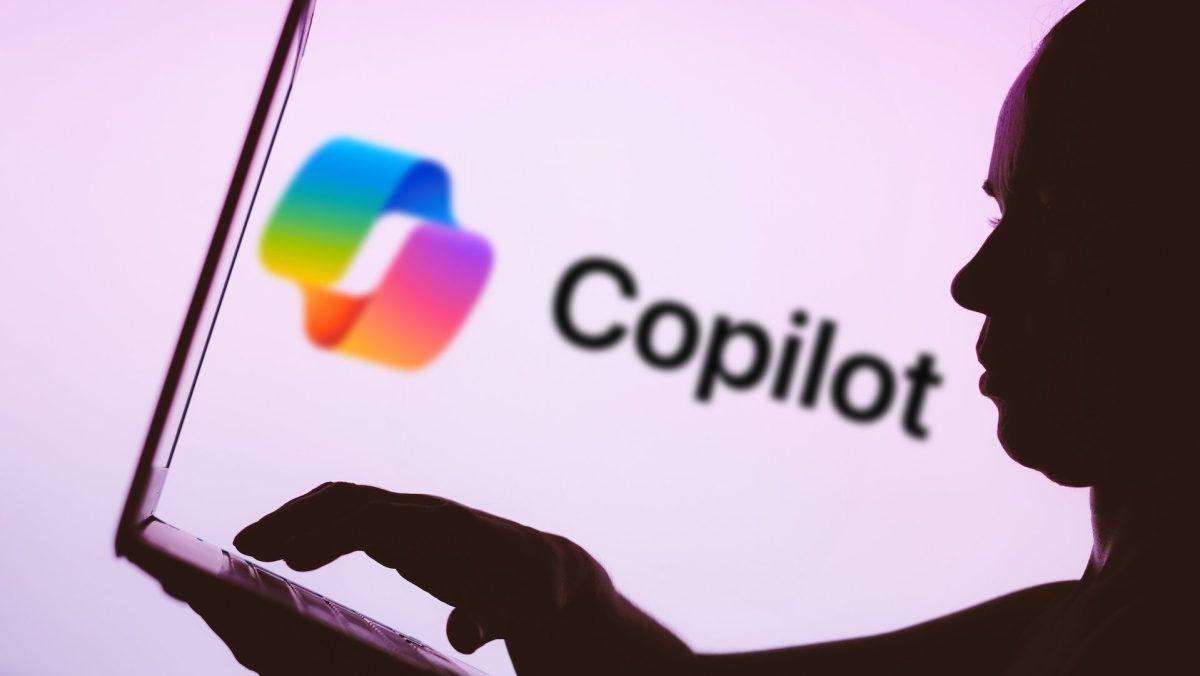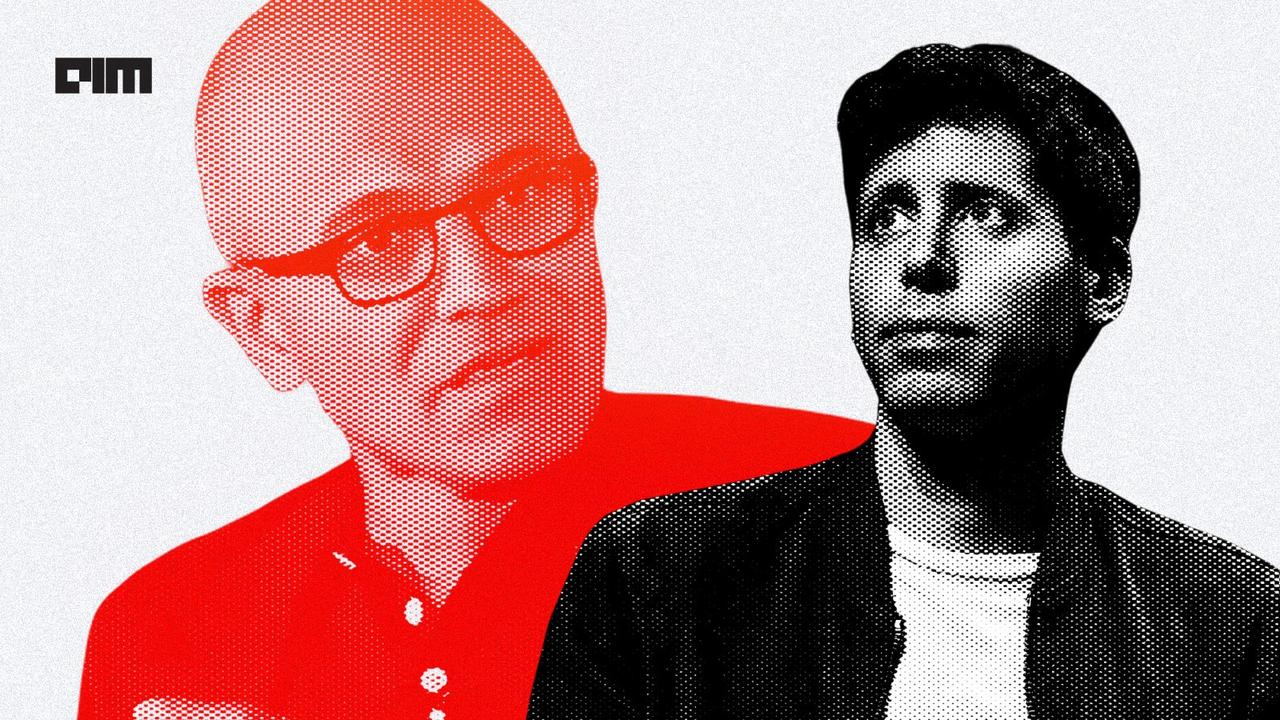Microsoft Shifts Gears: Favors Anthropic's AI Over OpenAI in Key Products
3 Sources
3 Sources
[1]
Microsoft favors Anthropic over OpenAI for Visual Studio Code
Microsoft is adding automatic AI model selection to its Visual Studio Code editor that will automatically pick the best model for "optimal performance." This new auto model feature will select between Claude Sonnet 4, GPT-5, GPT-5 mini and other models for GitHub Copilot free users, but paid users will "primarily rely on Claude Sonnet 4." It's a tacit admission from Microsoft that the software maker is favoring Anthropic's AI models over OpenAI's latest GPT-5 models for coding and development. Sources familiar with Microsoft's developer plans tell me that the company has been instructing its own developers to use Claude Sonnet 4 in recent months. "Based on internal benchmarks, Claude Sonnet 4 is our recommended model for GitHub Copilot," said Julia Liuson, head of Microsoft's developer division, in an internal email in June. While that guidance was issued ahead of the GPT-5 release, I understand Microsoft's model guidance hasn't changed. Microsoft is also making "significant investments" in training its own AI models. "We're also going to be making significant investments in our own cluster. So today, MAI-1-preview was only trained on 15,000 H100s, a tiny cluster in the grand scheme of things," said Microsoft AI chief Mustafa Suleyman, in an employee-only town hall last week. Microsoft is also reportedly planning to use Anthropic's AI models for some features in its Microsoft 365 apps soon. The Information reports that the Microsoft 365 Copilot will be "partly powered by Anthropic models," after Microsoft found that some of these models outperformed OpenAI in Excel and PowerPoint. OpenAI and Microsoft announced a new deal last week that could clear the way for the AI startup's initial public offering. Microsoft has invested more than $13 billion in OpenAI since 2019, and has a complex revenue sharing agreement in place. Microsoft now allows OpenAI to lean on rival cloud providers, and is expected to reveal further details about the "next phase" of its OpenAI relationship soon.
[2]
Microsoft turns to Anthropic's AI for Visual Studio Code, raising eyebrows about OpenAI ties
Serving tech enthusiasts for over 25 years. TechSpot means tech analysis and advice you can trust. Editor's take: Microsoft has long been the financial lifeline of OpenAI, but its growing reliance on Anthropic's models suggests that loyalty may be giving way to performance. By favoring Anthropic in key products, Microsoft shows that funding OpenAI doesn't guarantee exclusivity - a reminder that Redmond's AI strategy is ultimately pragmatic, not sentimental. Microsoft is signaling a shift in its AI priorities, favoring Anthropic's Claude Sonnet 4 over OpenAI's GPT-5 models in its flagship developer tool, Visual Studio Code. The company is introducing an automatic AI model selection feature for GitHub Copilot that chooses the optimal model for coding assistance. Paid users will primarily rely on Claude Sonnet 4, while free users will see a mix, including GPT-5 and GPT-5 mini. Sources familiar with Microsoft's developer plans told The Verge the company has directed engineers to use Claude Sonnet 4 for months. In June, Microsoft's developer division head, Julia Liuson, said that the company prefers Anthropic's AI model for its GitHub tool because of its performance. "Based on internal benchmarks, Claude Sonnet 4 is our recommended model for GitHub Copilot," she said. Although her statement came months before GPT-5's August release, Microsoft's model guidance has not changed. The move marks a significant moment for Microsoft, which has invested heavily in OpenAI over several years. The company has poured more than $13 billion into OpenAI since 2019 and maintains a complex revenue-sharing arrangement with the startup, creating a complex mix of competing interests. Last week, the two companies announced a deal that could pave the way for OpenAI's initial public offering. The agreement allows the AI startup to leverage rival cloud providers, and Microsoft expects to provide further details on the next phase of the partnership soon. Despite this, Redmond is hedging its bets. Mustafa Suleyman, Microsoft's AI chief, revealed at a recent employee town hall that the company is making significant investments in its own AI infrastructure. He noted that the company trained the MAI-1-preview model exclusively on 15,000 H100 GPUs, a modest cluster by industry standards. Microsoft's partial pivot toward Anthropic also extends beyond coding. Some Microsoft 365 apps, including Excel and PowerPoint, will soon partly rely on Anthropic models after internal testing suggested these models outperformed OpenAI alternatives in productivity scenarios. The decision highlights Microsoft's evolving AI strategy, balancing its long-standing OpenAI partnership with alternatives that deliver measurable performance gains. For developers, this could mean a more streamlined experience in Visual Studio Code and improved productivity in Microsoft 365 apps. Automatic model selection signals Microsoft's focus on practical performance over corporate allegiance. This change represents a subtle but crucial realignment in the AI tools that power its software ecosystem and reflects the company's broader strategy for combining internal and external AI models.
[3]
Microsoft's deal with OpenAI in question as they trusted Anthropic for this new feature
Microsoft is adding an automatic AI model selector to Visual Studio Code that will choose the best-performing model for its GitHub Copilot service. The new feature will prioritize Anthropic's Claude 4 Sonnet over OpenAI's GPT-5 for most users, according to company announcements and internal directives. The selector will automatically evaluate and choose from a range of models, including Claude 4 Sonnet, GPT-5, and GPT-5 mini. Users of the free version of GitHub Copilot will be able to manually select from the available models. However, for paid subscribers, the system will default to Claude 4 Sonnet, indicating Microsoft's preference for the model in its developer tools. This move is consistent with Microsoft's internal strategy. Sources familiar with the company's plans said Microsoft has been directing its own developers to use Claude 4 Sonnet for several months. The guidance originated from a June email sent by Julia Liuson, head of Microsoft's developer division. "Based on internal benchmarks, Claude 4 Sonnet is our recommended model for GitHub Copilot." This recommendation has remained in place even after the release of OpenAI's more advanced GPT-5 series, as subsequent testing confirmed Claude 4 Sonnet's superior performance on benchmarks specific to GitHub Copilot tasks. Microsoft is also integrating Anthropic's models into its Microsoft 365 Copilot for certain tasks in Excel and PowerPoint, where they reportedly outperformed OpenAI's models during testing. Alongside these partnerships, Microsoft continues to build its own AI capabilities. At a recent employee town hall, Microsoft AI chief Mustafa Suleyman discussed the company's investment in its own infrastructure. He mentioned that a preview of its MAI-1 model was trained on a relatively small cluster of 15,000 H100 GPUs, signaling plans for much larger clusters in the future. "We're also going to be making significant investments in our own cluster. So today, MAI-1-preview was only trained on 15,000 H100s, a tiny cluster in the grand scheme of things." The news comes as OpenAI and Microsoft announced a new agreement last week, a deal that could help resolve operational details and facilitate OpenAI's potential move toward an initial public offering.
Share
Share
Copy Link
Microsoft is prioritizing Anthropic's Claude Sonnet 4 model over OpenAI's GPT-5 in Visual Studio Code and other products, signaling a potential shift in its AI strategy despite long-standing ties with OpenAI.

Microsoft's Evolving AI Strategy
Microsoft is reportedly shifting its AI strategy, now prioritizing Anthropic's Claude Sonnet 4 model over OpenAI's GPT-5 for key products, including its flagship developer tool, Visual Studio Code. This marks a notable change despite Microsoft's substantial investments in OpenAI
1
.Claude Sonnet 4's Performance Edge
In Visual Studio Code, an automatic AI model selection feature will be introduced for GitHub Copilot, with Claude Sonnet 4 recommended for paid users based on internal benchmarks. Julia Liuson, head of Microsoft's developer division, stated this preference in an internal email, highlighting Claude Sonnet 4's superior performance for coding assistance even after the release of OpenAI's GPT-5 models
2
. Microsoft also plans to integrate Anthropic's models into Microsoft 365 apps like Excel and PowerPoint, where they have reportedly outperformed OpenAI alternatives in productivity scenarios1
.Diversifying AI Investments
Beyond external partnerships, Microsoft is bolstering its internal AI capabilities. Mustafa Suleyman, Microsoft's AI chief, confirmed significant investments in the company's own AI infrastructure. He noted that their MAI-1-preview model was trained on a cluster of 15,000 H100 GPUs, hinting at future plans for even larger scale AI development
3
.Related Stories
Partnership Dynamics with OpenAI
This strategic pivot raises questions regarding Microsoft's long-term relationship with OpenAI, an entity it has invested over $13 billion in since 2019. Despite the close ties, Microsoft's pragmatic approach to selecting the best-performing AI models for specific applications suggests a diversified strategy. Recently, Microsoft and OpenAI announced a new agreement, potentially facilitating OpenAI's initial public offering and allowing OpenAI to utilize rival cloud providers, with further details expected soon from Microsoft
1
.References
Summarized by
Navi
[2]
Related Stories
Microsoft Diversifies AI Partnerships: Anthropic's Models to Join OpenAI in Office 365
09 Sept 2025•Technology

Microsoft Expands AI Partnerships: Integrates Anthropic's Claude Models into Copilot
24 Sept 2025•Technology

Microsoft Develops In-House AI Models to Reduce Dependence on OpenAI
08 Mar 2025•Technology

Recent Highlights
1
ByteDance Faces Hollywood Backlash After Seedance 2.0 Creates Unauthorized Celebrity Deepfakes
Technology

2
Microsoft AI chief predicts artificial intelligence will automate most white-collar jobs in 18 months
Business and Economy

3
Google reports state-sponsored hackers exploit Gemini AI across all stages of cyberattacks
Technology





